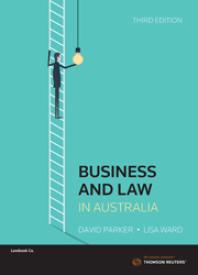
"A person appointed by another (the principal) to act on his behalf, often to negotiate a contract between the principal and a third party. If an agent discloses his principal’s name (or at least the existence of a principal) to the third party with whom he is dealing, the agent himself is not normally entitled to the benefit of, or liable on, the contract. An undisclosed principal is one whose existence is not revealed by the agent to a third party; he may still be entitled to the benefit of, and be liable on, the contract, but in such cases the agent is also entitled and liable.... A general agent is one who has authority to act for his principal in all his business of a particular kind, or who acts for the principal in the course of his (the agent’s) usual business or profession. A special agent is authorized to act only for a special purpose that is not in the ordinary course of the agent’s business or profession" (Law, 2018).
"An agent who solicits business from potential customers on behalf of a principal." (Law, 2018).
"The state of a person who has been adjudged to be insolvent. The court orders the compulsory administration of a bankrupt’s affairs so that his or her assets can be fairly distributed among the creditors" (Law, 2018).
"A contract in which one party (the insurer) agrees for payment of a consideration (the premium) to make monetary provision for the other (the insured) upon the occurrence of some event or against some risk. For such contracts to be enforceable, there must be some element of uncertainty about the events insured against and the insured must have an insurable interest in the subject matter of the contract. (The term assurance has the same meaning as insurance but is generally used in relation to events that will definitely happen at some time or another (especially death), whereas insurance refers to events that may or may not happen)" (Law, 2018).
Definitions taken from Law, J. (Ed.). (2018). A dictionary of law (9th ed.). https://dx.doi.org/10.1093/acref/9780198802525.001.0001
 Business and law in Australia
by
David Parker & Lisa Ward
Business and law in Australia
by
David Parker & Lisa Ward

